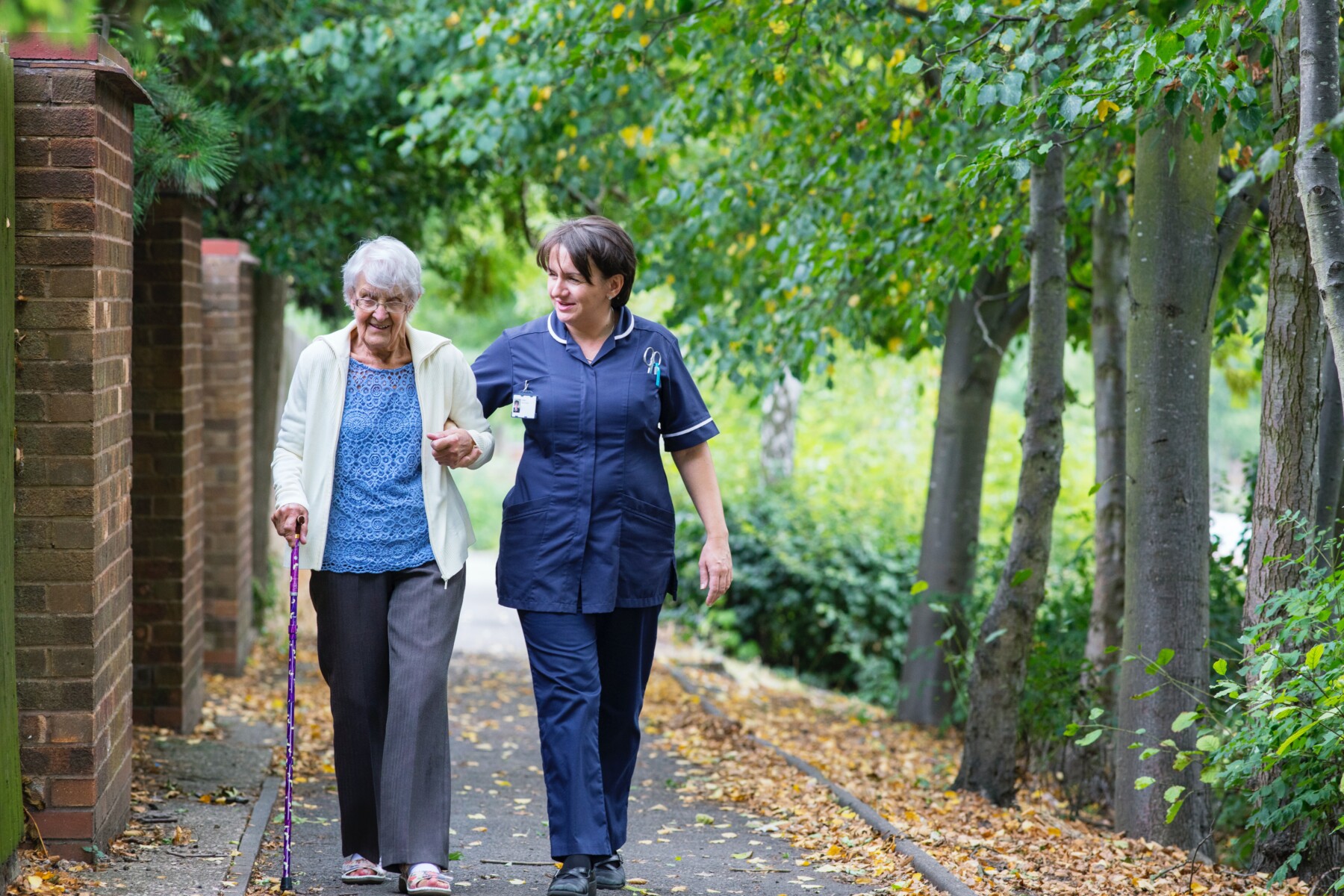A person’s care needs change over time. This could be down to the ageing process and a gradual loss of physical or mental capabilities, or it could be a temporary situation caused by illness or an accident.
As care needs change, the top priority for most people is to maintain as much independence as possible. The route to achieving this is through flexibility. For a care provider like Altogether Care, this means more than simply offering a full range of care services. Most importantly, it means listening, understanding and working with you to design a care package that meets your needs and can easily adapt as those needs change.
Independence can have many meanings – so it’s important to be clear what we’re talking about. At its heart it means that you are the one making the decisions. And that you continue doing as much as you are able to for yourself. The organisation providing your care services is there to help you achieve your goals – not to decide what’s best for you.
When somebody is struggling with a task there’s a big difference between saying ‘we’ll do that for you’ and ‘which bits of that task do you find most difficult and can we help?’
Staying In Your Own Home
Independence for many people means staying in their own home for as long as possible. The flexibility that makes this possible includes care services that range from simple help with daily tasks, to regular nursing care visits up to full-time live-in care. If adaptations are needed to make your home easier to live in the choices about any changes are still yours.
If you decide that residential care is the most suitable option this doesn’t mean surrendering your independence. Residents in our care homes are encouraged to do as much as possible for themselves and continue to decide what care support they need and how they want to spend their time.
The approach to flexibility at Altogether Care is about much more than the range of services we offer – it’s about our approach to your individual needs and choices. This ensures that maintaining your independence is always a priority.
For more information about our care services, contact 01305 206 140 or email contact@altogethercare.co.uk.









